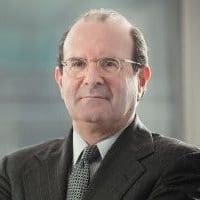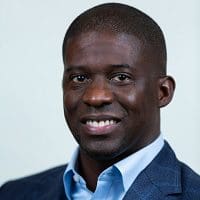
Princeton NuEnergy, which has developed technology to recycle lithium-ion battery material, has closed on a $16 million Series A led by Wistron Corp., a Fortune Global 500 firm specializing in electronics recycling.
Other participants included prior investors Greenland Technologies, Shell Ventures, and Greenwich, Conn.-based WorldQuant Ventures; and new investors Honda Motor Co., South Korea’s GS Futures, and Luxembourg-based Traxys’ North American unit. PNE plans to use the proceeds on a new recycling facility in McKinney, Texas, with Wistron as its partner.
The Bordentown, N.J., startup closed on $7 million in a seed round announced in 2002. It has also received over $16 million in grants from the U.S. Department of Energy.
Patented Technology
“This Series A funding round represents a major step towards realizing our vision of a cleaner, greener future through cutting-edge lithium-ion battery recycling technology,” said company founder and CEO Dr. Chao Yan, who has a Ph.D. in Physical Chemistry from the New Jersey Institute of Technology. Chao has been a researcher at Princeton University since 2017, managing a project for the U.S. Department of Energy.
PNE’s co-founders include Yang Xiaofang, who has conducted research at Princeton and Columbia universities, and the Brookhaven National Laboratory; and Prof. Yiguang Ju, and Prof. Bruce E. Koel, both of Princeton. Yang serves as PNE’s chief technology officer.
A patented low-temperature, plasma-assisted separation process is PNE’s flagship technology. It cuts environmental waste, and carbon emissions associated with lithium-ion battery recycling. The process also leads to recovery rates of over 95% for some critical materials, PNE says, and enables ESG performance at half the cost, when compared with conventional methods.
Commercial Real Estate
MacKenzie Companies
Advertising / Media / Communications / Public Relations
Nevins & Associates
Financial Services / Investment Firms
Chesapeake Corporate Advisors
Commercial Real Estate
Monday Properties
Venture Capital
Blue Delta Capital Partners
Internet / Technology
Foxtrot Media
R&D ‘Milestones’
Last year, the company announced three R&D “milestones” that further advance its recycling technology. These are: Safe Discharge, Cathode-to-Cathode Upcycling, and Anode-to-Anode Recycling and Upcycling of aged lithium-ion batteries. The three steps solve some of the “most proactive issues” facing the industry today, the company said. Yang said the “three transformative” solutions would help the company scale processes and meet fast-rising demand.
“Princeton NuEnergy has an innovative concept and technologies for lithium-ion battery recycling, and Honda has high expectations for their future potential,” said Manabu Ozawa, managing executive officer of Honda Motor Co. The plasma-based direct recycling technology will enable the sustainability of the EV battery supply chain and enable Honda’s vision of 100% use of sustainable materials by 2050, he added.
Wistron called the Series A round a “milestone” in advancing PNE’s technology. It will establish a foundation for the lithium-ion battery circular supply chain, and address the global need for electrification to help combat climate change, said Peter Tung, president of Service and Recycling Business Group at Wistron.
















































